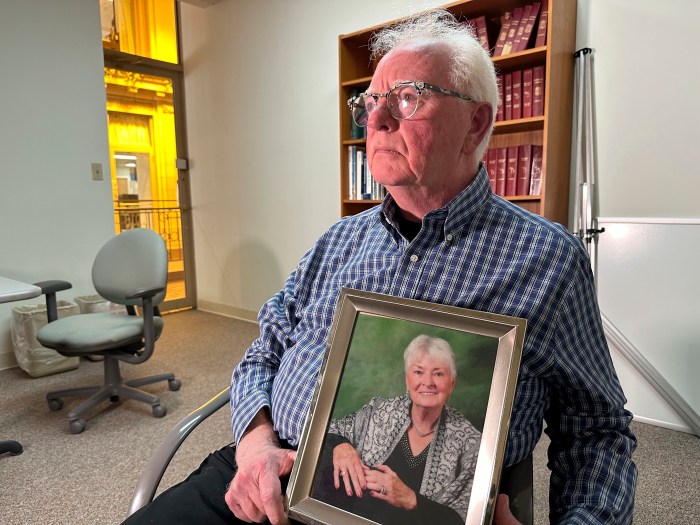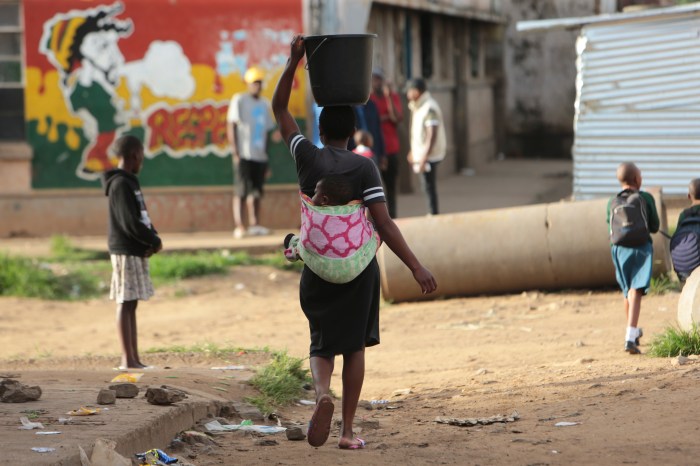In June, the CDC issued a report revealing that birth rates in 2016 had hit an all-time low. The reason behind the decline is somewhat surprising: while the birth rate for women under 30 dipped, it actually increased in women ages 30 and older, particularly ages 40-44.
But that doesn’t mean that it is suddenly easier for women to get pregnant at a older age (the major decline in sperm count in the past 40 years isn’t helping matters). The data speaks more to “changing cultural norms, trends in postponing parenthood, and increasingly sophisticated fertility treatment,” according to Healthline.
To better understand the “fertility landscape” in America today, the online health resource issued a State of Fertility, surveying roughly 1200 millennials on their perception around family planning issues and basically, they’re educated on a few issues, but not on others.
Over half of millennial men and women polled said they were waiting to have kids due to financial and career insecurity, but the majority failed to grasp that it could be harder to conceive with age.
For example, only 32 percent of participants polled knew that more than 50 percent of people over 35 years old require medical intervention to conceive (with no guarantee of success). 44 percent did not realize that the majority of births occur between ages 20 and 34.
Yet, they expressed an openness and progressivism towards fertility treatments. More than 53 percent of women said they would freeze their eggs. 47 percent of men and women polled said they believed that fertility treatments should be covered by health insurance, and 51 percent said it should be made available to everyone regardless of marital status or sexuality.
Today on Good Morning America, Chief Women’s Health Correspondent Dr. Jennifer Ashton reminded viewers that peak fertility is still in the late teens and early twenties.
“This is a discussion that women should be having with their ob-gyn, their health care provider, in their twenties about their reproductive options, their awareness, their education,” said Ashton. “Not everyone chooses to be a parent and that’s totally fine, but you want to know the facts and what is on your horizon.”


















